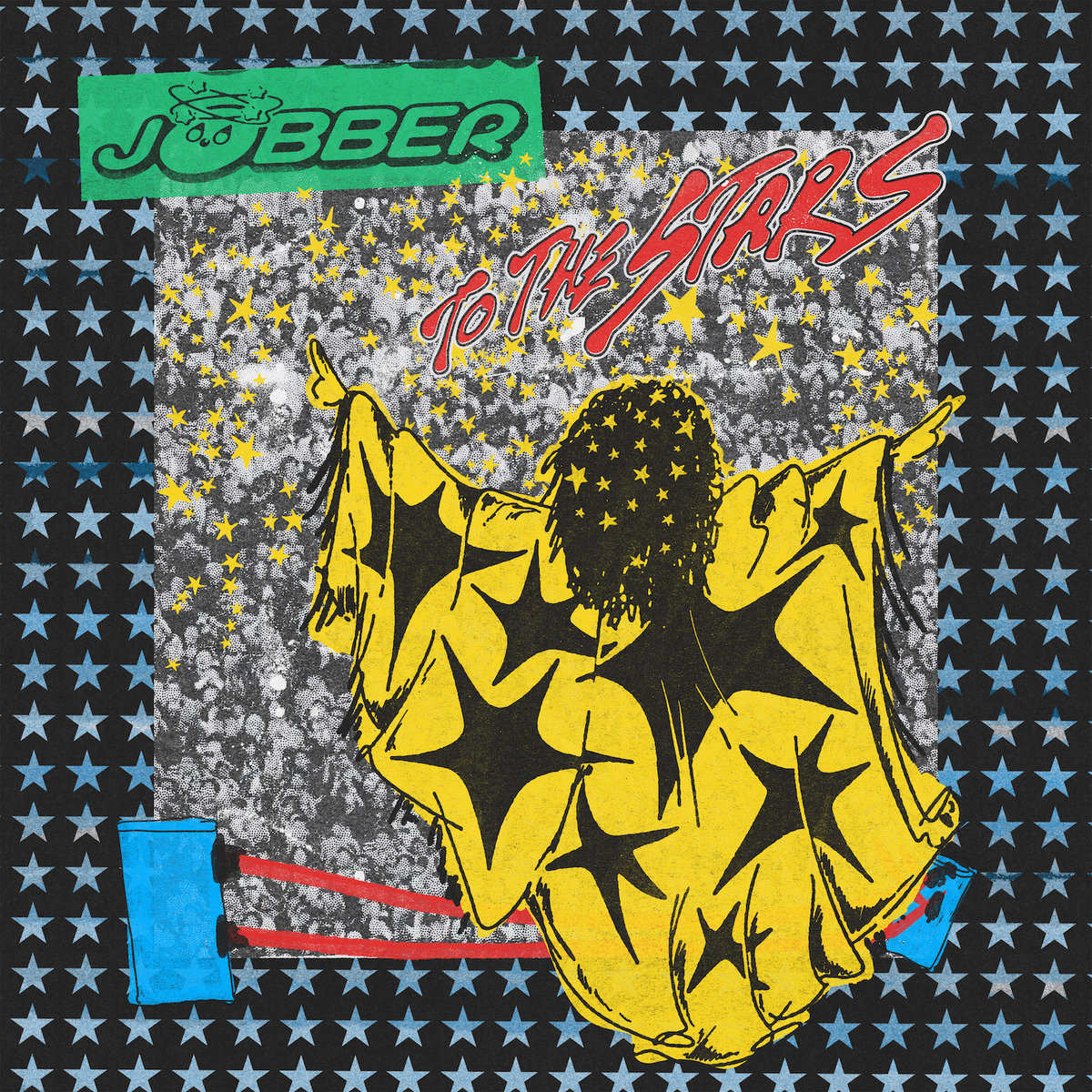Children Will Listen, or 20 Years of Sung Tongs
/Domino
Within five minutes, I was crying. In 2018, I found myself at the Vic Theatre in Chicago, ensconced in the energy of 1,000 people, all watching two guys, freshly in their 40s, play an album they had made 15 years earlier. Nearly every piece of writing about Sung Tongs, the fifth studio release from the band we now know as Animal Collective, expounds on its sense of childlike play, its wide-eyed naïvety wielded as a torch that guides Avey Tare and Panda Bear through the forest. It’s an undeniable piece of the record; the decision to revisit it in performance over a decade later was an attempt to simultaneously flatten and enliven its impish reputation.
For a band so succinctly defined by their apparent refusal to grow up, Sung Tongs stands as the pinnacle of a narrative that threatened to swallow a far more interesting group in the quicksand. It was one thing to hear someone a few years your senior singing, “You don’t have to go to college,” like a friend’s older sibling pushing against the world’s expectations, but it’s entirely another to hear it coming from someone old enough to be your dad. It turns out their belief hadn’t been shaken by the passage of time. Instead, it had settled in as wisdom. Sung Tongs was a funhouse mirror for uncertain youth rather than an ode to childhood, leaning into mystical, almost infantile wonder without losing grasp on what is real and set in front of you by the forces beyond us.
“Visiting Friends,” the album’s diffuse centerpiece, translates the aching gaps in memory into ambient beauty, long-chewed holes dotting every inch. Bubbling up from a dark cave, frustration and anxiety sink into the guitar strums, relentless and carried by inertia. It only becomes more difficult to remember drugged-out summer days, where time could lose its meaning for an afternoon or weekend. Friends shrink to specks of dust, caught in a weary web. Dappled joy eventually burns your forearms. The bog of Dave Portner’s processed vocals, words jutting out like humid grass, echo the yearning of a kid in an aging voice. “We were visiting mine,” he repeats, atmosphere humming and crackling, trying to recall feelings of freedom, taking it to heart after all these years. It stands to reason that Wolfgang Voigt’s verdant psych-ambient was cited as a key influence, recalling a sense of wandering beneath trees of recollection and wilfully getting lost.
Sung Tongs wasn’t the first Animal Collective release I heard — it was probably the third or fourth after the seismic legacy-defining Merriweather Post Pavilion and the gorgeous, shrieking meltdown Feels — but it’s the album I’ve sung along to the most. For a long time, it was the only album I could mimic and harmonize with, alone in the car with a CD player. It was my companion on heavy-lidded commutes, occasionally hungover, knitting together a world that would enliven and encourage. Howls, chants, screams, whispers, and words collage into an indistinguishable stream, a confluence of color merging into the same great whooping river. It was instinct to become a tributary. Without diminishing the splattering influences of minimalism, campfire songs, freak folk, and even the Grateful Dead, Sung Tongs is an album centered on voices. Beyond the referential surface (titles such as “The Softest Voice” and “Mouth Wooed Her”), all it took to convince me was the transcendent melange of “Winters Love.” Four songs into the record, Portner and Lennox “pulled that boy out of a box” and made her sing. That boy wasn’t actually a boy, but the same voice emerged.
Two howling kids from Baltimore probably weren’t the best vocal instructors, unless you were attempting to evoke strange cooing calls heard deep in the woods. Fortunately, solitude eliminated any shame or inhibition; the cracks and squeaks melted in with Avey and Panda, whether I knew how the melody started, ended, or connected between. Beyond any enjoyment of the music itself, running through another playback became an opportunity to continually discover the joy of using my vocal cords and relitigate my relationship with the sounds coming out. “Leaf House” starts with gasps and Noah Lennox’s ululation at its most elastic and ends with meows. From root to soaring branches, their voices invite the creation of a choral jungle, a three-minute warm-up before the show, and you wouldn’t dare to be left out.
An old video features all four (eventual) members of the band with obscured faces, either masked or gazing downwards, seated in a rapturous circle and howling. The desire to obfuscate everything other than the sounds they made is at its clearest. Even a decade later, unmasked and performing the album in full, “Winters Love” became an audience sing-along, filling in the gaps and layers of harmonies unattainable by a mere duo. Who needs multi-tracking when you have a thousand-strong choir at your beck and call? The entire crowd had inscribed each bark and every moan on their hearts and needed no conducting. Rapture became reality in the raising of our voices.
Three years after Sung Tongs, Animal Collective sang of believing in magic and dying on “Peacebone.” If their fatal flaw was faith in the supernatural, present or past, then we’ve all been resurrected. Flailing through first (or second) adolescence is an exercise in discovery, feeling the world around you, and making all kinds of sounds. You have to go beyond the shroud to make your way forward. Death wasn’t permanent, but the magic was.
Aly Eleanor lives in Minneapolis, Minnesota, where she writes, records, sends emails, and more for Ear Coffee, a DIY podcast and media “entity” that she co-founded. Her writing can be found online, underground, at home with her rats, or @purityolympics.







